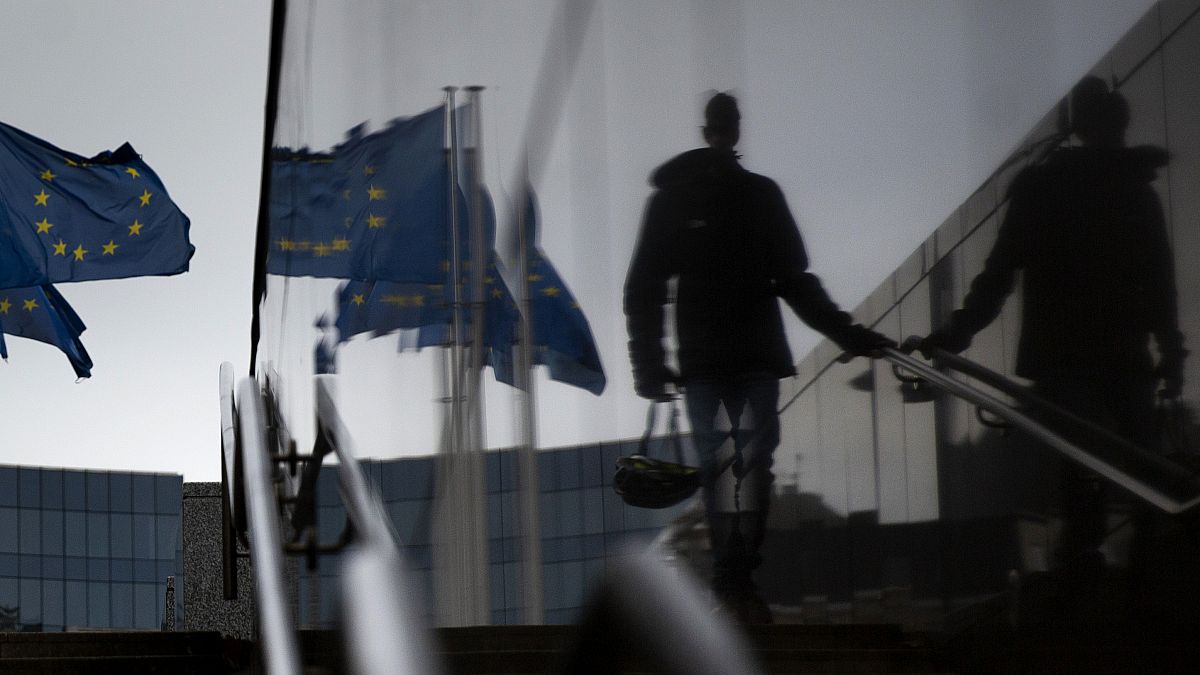The compromise on the EU budget settles an internal spending row which threatened to hold up funding to fight the coronavirus pandemic.
The European Council Presidency and European Parliament — bodies representing EU countries and MEPs respectively — say they have reached agreement on a long-term budget for the bloc in a breakthrough following months of internal wrangling.
The parliament calls it a compromise, saying in a statement that its negotiators have obtained €16 billion more for key programmes in areas such as health, research and the Erasmus student scheme. MEPs had called for extra spending worth €39 billion.
The new money includes €1 billion set aside to increase flexibility to respond to future needs and crises, the parliament says.
In its statement, the German presidency of the Council — which mainly represents national leaders from EU member states — says the deal will now be put to member states for endorsement, along with other aspects of the deal.
The agreement also covers oversight of budgetary matters, aims for stronger measures over biodiversity and gender, and speaks of a roadmap for introducing new sources of revenue.
European leaders finally agreed in July on the amount the EU can spend over the next seven years, worth €1.8 trillion. But a dispute between MEPs and the European Council threatened to hold up funding allocated for the fight against the coronavirus pandemic.
The extra funding now agreed complements the agreement reached in the summer, which is made up of €750 billion is for the coronavirus recovery fund -- otherwise known as Next Generation EU -- and €1.074 trillion for the EU's long-term budget - the Multiannual Financial Framework (MFF).
The European Parliament says the extra funds will be drawn mainly from competition fines, which companies have to pay when they do not comply with EU rules.
In separate talks, an agreement was reached last week over one of the barriers to a deal: linking EU funding for member states to respect for the rule of law.
MEPs insisted on making funding transfers conditional upon adherence to democratic values, human rights and the independence of the judiciary.
Under the new mechanism, subject to final approval, individual EU countries could lose their veto and have funding cut if a majority of other member states back such a move.
